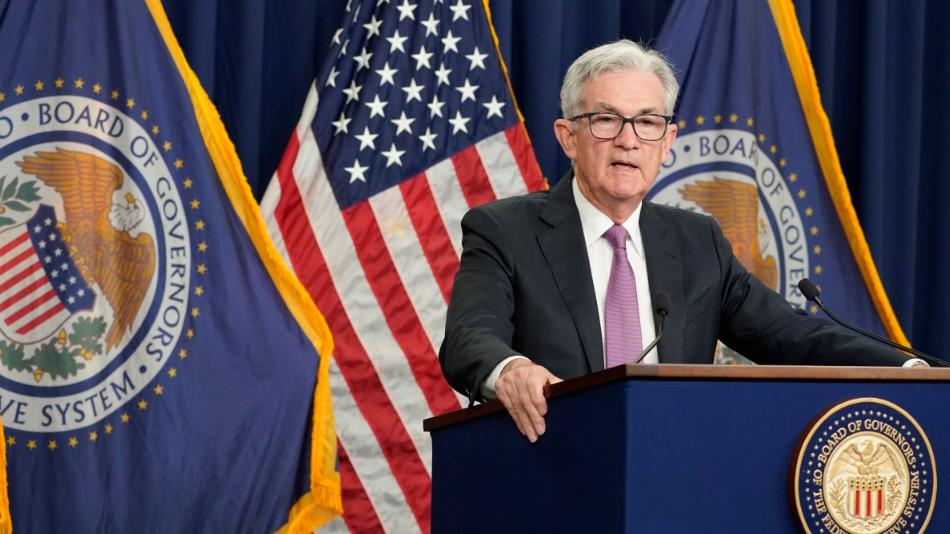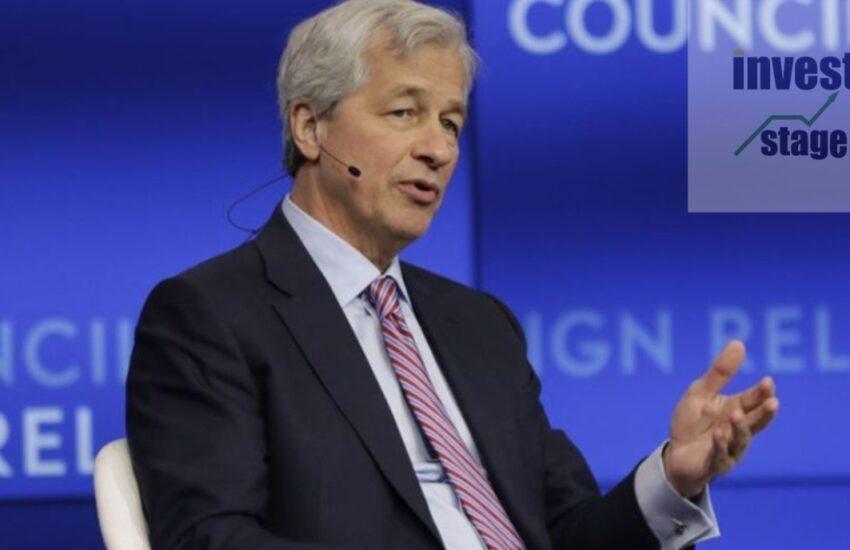Central banks warn of pain, but they themselves may not be healthy
The signal from the central banks last week became louder and clearer. Federal Reserve officials used the Jackson Hole symposium as an opportunity to warn that the measures taken to curb inflation will not be without negative consequences.
Fed Chairman Jerome Powell said on Friday that the US central bank will continue to raise interest rates and keep them at high levels until a more optimal balance of supply and demand is achieved.
“Higher interest rates, slower growth and easing labor market conditions are helping to lower inflation. They will also hurt households and businesses,” Powell said.
Isabelle Schnabel, a member of the executive board of the European Central Bank (ECB), also issued a warning on Saturday that the eurozone would have to make more sacrifices. François Villeroy de Gallo, head of the French central bank and member of the governing board of the ECB, echoed Powell, saying that central banks’ commitment to maintaining price stability was “unconditional.”
Investors in the debt markets welcomed the Fed and ECB’s hawkish shift with higher yields. The yield on 2-year US Treasury bonds (a key short-term benchmark) was 3.417% at the end of trading on Monday after rising during the session to 3.489% and against 3.39% at the close on Friday.
The yield on German 10-year government bonds, which are considered the benchmark for the eurozone, remained above 1.5% on Monday after rising by almost 20 basis points on Friday.
Philip Lane, the former governor of Ireland’s central banker and now chief economist at the ECB’s executive board, remains soft. He called for a measured pace of rate hikes, which he believes would be less of a hindrance than a few sharp hikes. At the same time, he acknowledged that Europe is waiting for a “protracted phase” of high inflation.
On Wednesday, there will be monthly data on inflation in the eurozone. The consensus forecast is for the figure to reach a record 9% on the back of high energy prices, which continue to put upward pressure on inflation in Europe. In July, inflation was 8.9%, in June – 8.6%.
US inflation, measured by the price index of personal consumption spending, slowed to 6.3% on an annualized basis in July from 6.8% in June, data released on Friday showed. After a comparable decline in the consumer price index (CPI), these figures have again given rise to hope that the peak of inflation has been passed.
However, Powell made it clear in his speech that the Fed is not going to slow down in tightening monetary policy. However, the question of how much the Fed will raise rates in September – by 50 or 75 basis points – remains open, and Powell said that the scale of the increase depends on the aggregate of incoming macro data.
Cleveland Federal Reserve Chairman Loretta Mester told the symposium that she is not leaning either way, but will be watching inflation data more closely than employment data. The August CPI will be released a week before the Open Market Committee (FOMC) meeting scheduled for September 20-21. Also before the meeting there will be data on inflation expectations of the University of Michigan.
Mester isn’t sure inflation is now on a downtrend, or has even peaked (Mester is hawkish and has voting rights on the FOMC this year).
The harsh rhetoric of central banks seems belated to many. Powell said on Friday that failing to curb inflation now will hurt later, but many blame him and other Fed officials for not stepping in a year ago to nip inflation in the bud.
Some politicians are now questioning the autonomy of central banks in monetary policy after they missed inflation. Central bank independence has historically been thought to keep politicians out of sensitive monetary policy issues, but the experience of the past year has raised some doubts about this.
British Foreign Secretary Liz Truss, who appears to be the new British prime minister, has threatened change at the Bank of England. In America, the Fed was criticized by Republican Senator Pat Toomey, who said the central bank was too distracted from price stability, and by Democrat Elizabeth Warren, who urged Powell not to “push the economy off a cliff.”
Central banks themselves, not just the economy, may be in pain.




